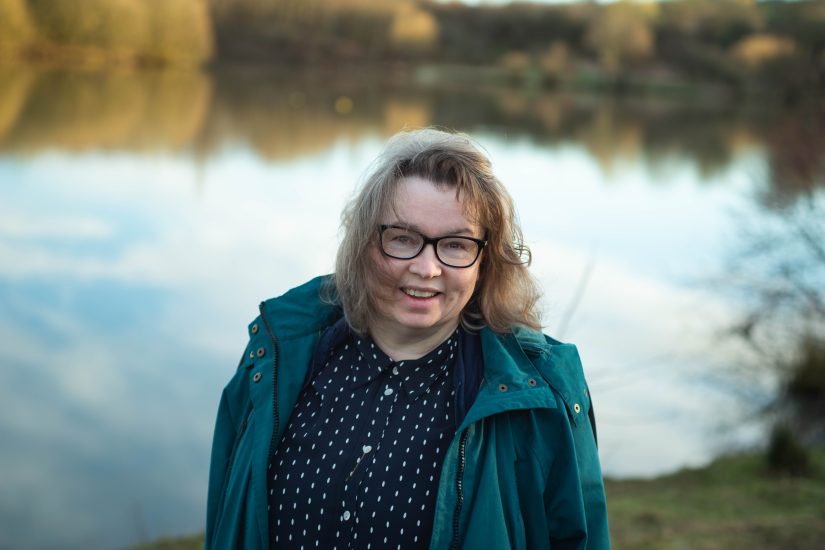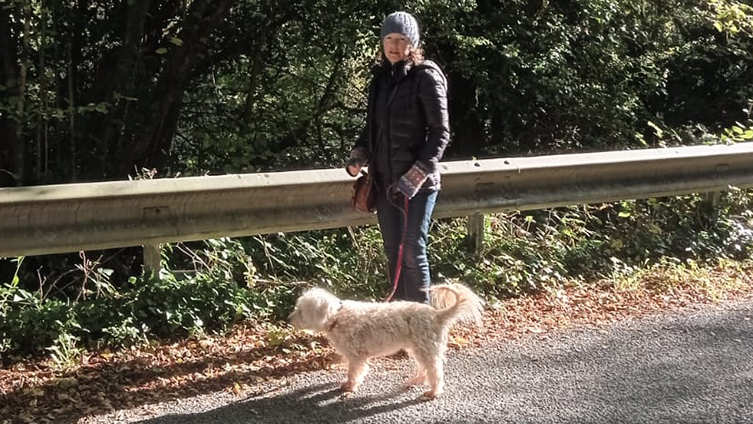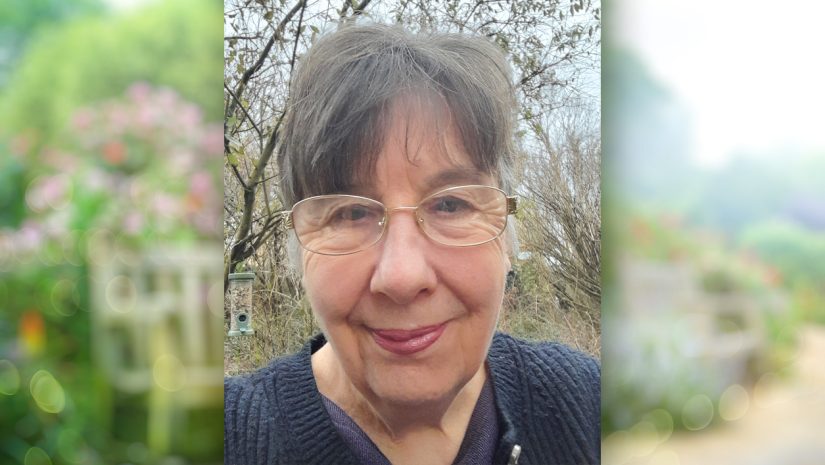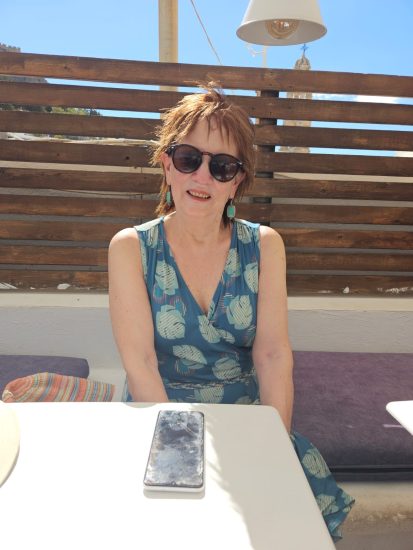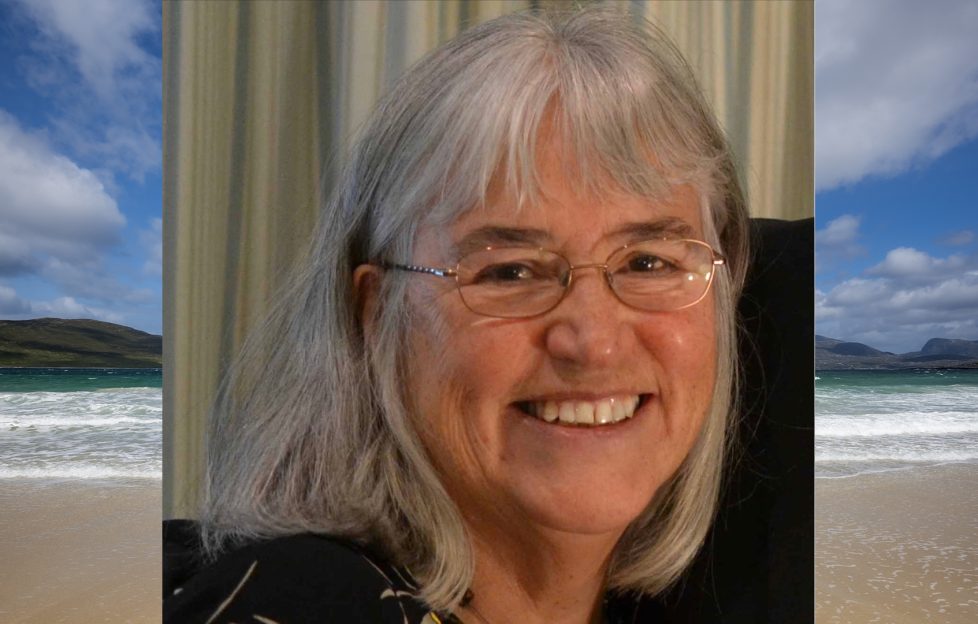
Our Writer Of The Week is Jeannie Mackenzie, whose story, “The Rowan Tree”, is in the October 5 issue, on sale now.
There’s a strong bond between Joy and Gran in the story. Do you ever write your characters, and the emotions they convey, based on people who have influenced you?
I can only write about what I know. Even when I create characters, they have aspects of people who have influenced me, although none are based solely on one person. Joy’s gran is a blend of all the wonderful grandmothers I have known. She is also how I hope my grandchildren will remember me.
Joy sums up a lot of what I felt as a child – jealous of my sibling, desperate for individual love and attention. In my latest novel, “Adults And How to Survive Them”, I was heavily influenced by the teenage lads I worked with for many years.
Is location important in your stories, and how much has the West of Scotland influenced your writing?
The West of Scotland has everything in terms of location. Maybe that’s why so many movies are filmed here. It has breathtaking scenery; modern and ancient history; urban and rural landscapes and a diverse population – all within a very small geographical area.
I was brought up in the Hebrides and have lived in Scotland all my life. I cannot imagine writing about anywhere else – although I have had a short story published about a Scottish couple on holiday in Malaga!
Do you think a good story can be set in any time period?
Different time periods can provide critical incidents that help us reveal different aspects of a character, as they are tested by difficulty. My second novel is set in the densely populated shipbuilding town of Clydebank during the Blitz in 1941. In just two nights, the Luftwaffe destroyed almost every home and killed around a thousand people. My characters have to find a way to live with the trauma, bringing out the best of human nature.
I think using different time periods can lend depth to a story as our characters may not only dress differently, eat differently, but also act differently from how we do today. It is a challenge in terms of research but rewarding.
I need to know much more about life in World War 2 than I will ever use in the novel. But I am enjoying the research, so nothing is wasted. I’m told historical novels are very popular. I hope that’s true when I’m looking for a publisher this time next year.
Are there any books you want to read but, for whatever reason, haven’t read yet?
I am looking forward to my friend Emma Simpson’s “Breaking Waves”, due to be published early next year. She is an inspirational person. Her account of women finding healing and adventure through wild water swimming will be amazing.
Notebook and pencil or laptop? Kitchen table or study? Blank wall or inspiring view?
I write on my laptop because my handwriting is indecipherable and because that way I can save it every day. My fear is losing what I have written. I have a dedicated desk at home, but I do my best writing in cafés, or at my friend’s lovely small holding.
Away from home, I can’t be distracted by household duties. Writing is hard work, and it’s tempting to do almost anything else than sit down and write. That said, I definitely get my best ideas away from my desk – in the garden, on a walk or watching other people and listening to their conversations. I keep a notebook by my bed to quickly jot down ideas as they occur.
What’s your one top tip for aspiring writers?
Just get your amazing, fresh ideas down on paper or on screen. Let your brain freewheel. Plenty of time to rein it in later. Creating and editing engage quite different parts of the brain. If you attempt to use them both at once, you will endlessly revise your first sentence and that novel will never get finished.
When you are editing, it’s important to know what you are trying to say, who you want to read it and why it might interest them. At the creative stage, I think it is best to write what comes to you. Some of my best ideas have come from my dreams, when the critical, editing brain is sound asleep!

